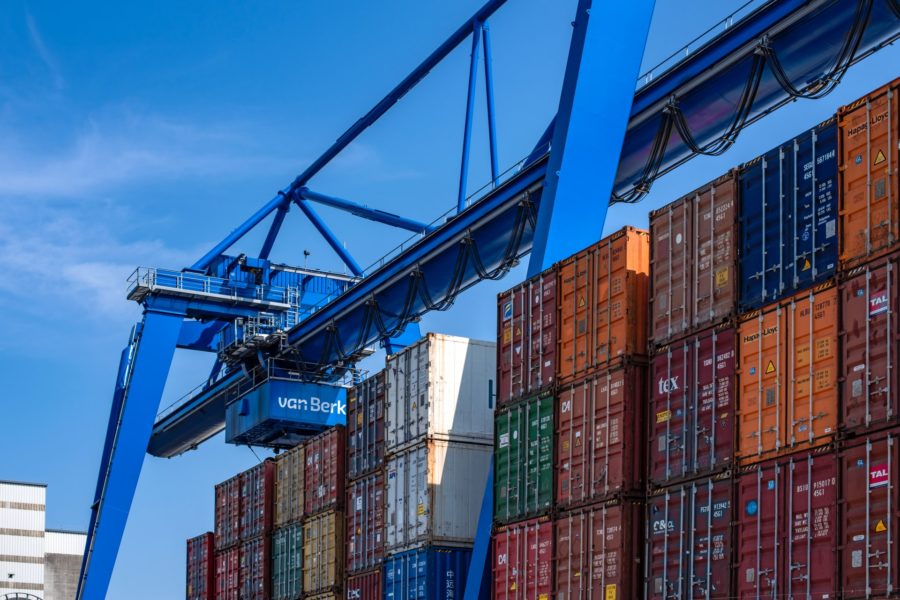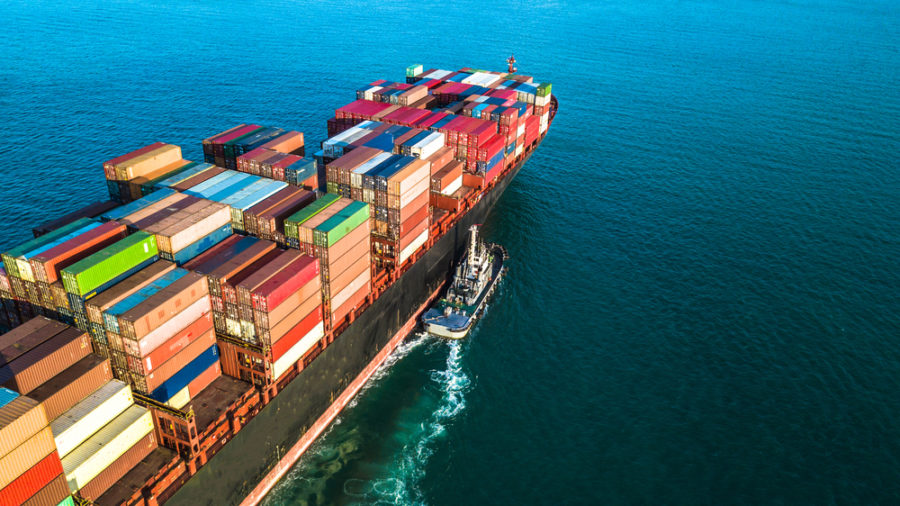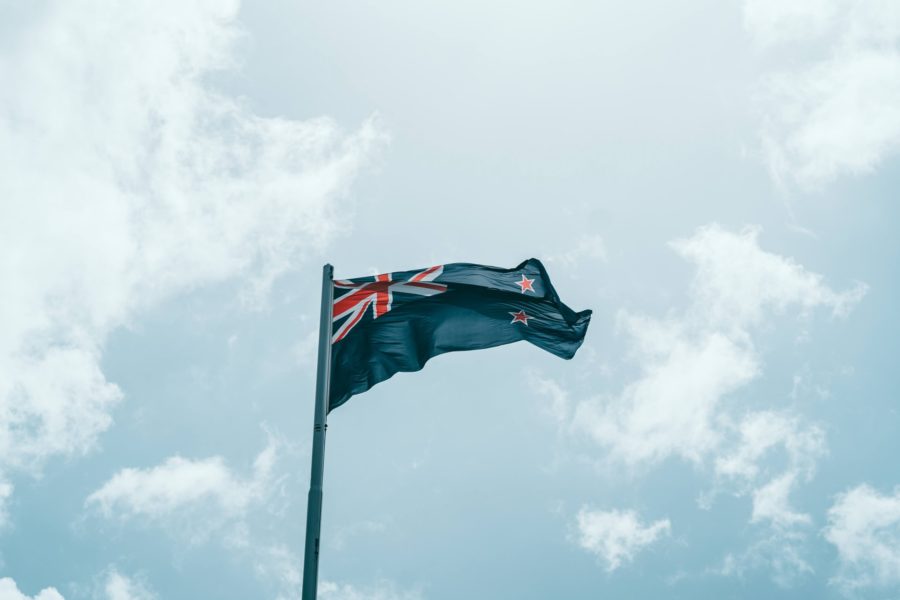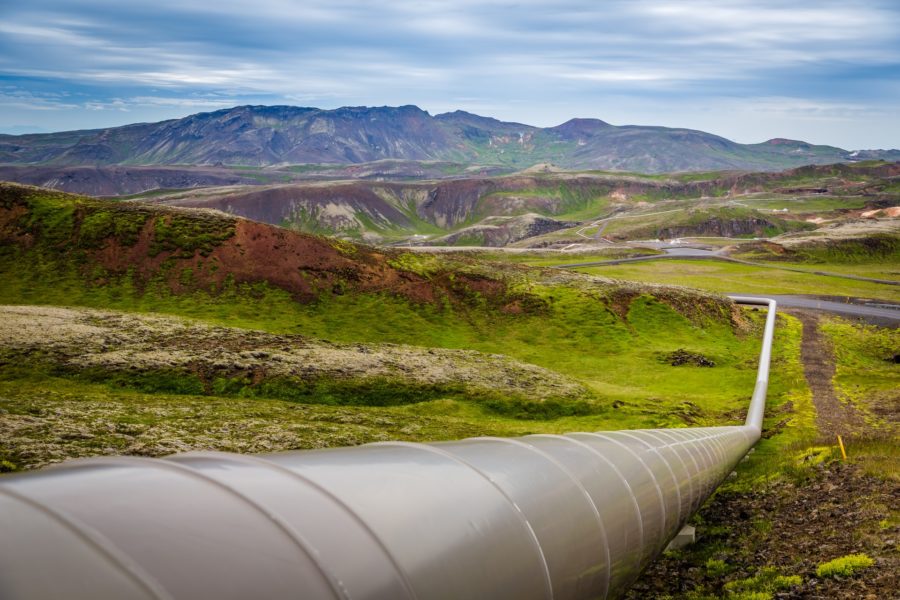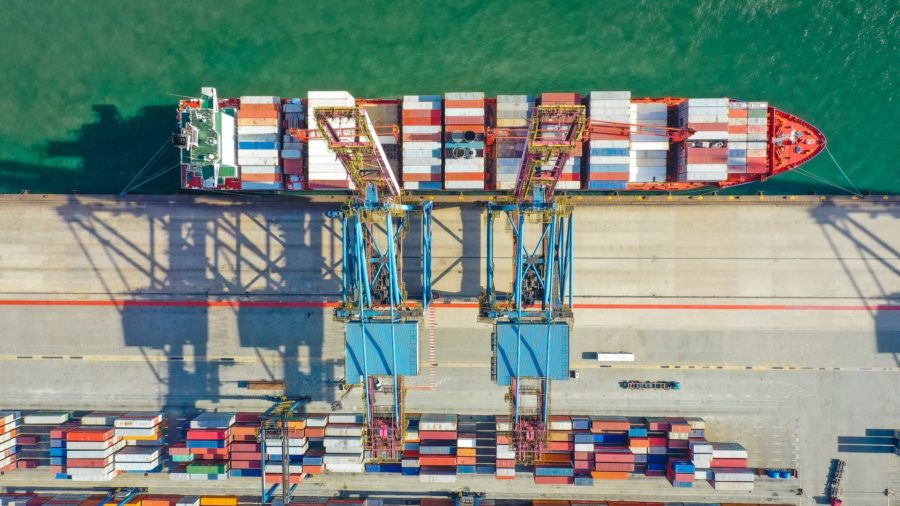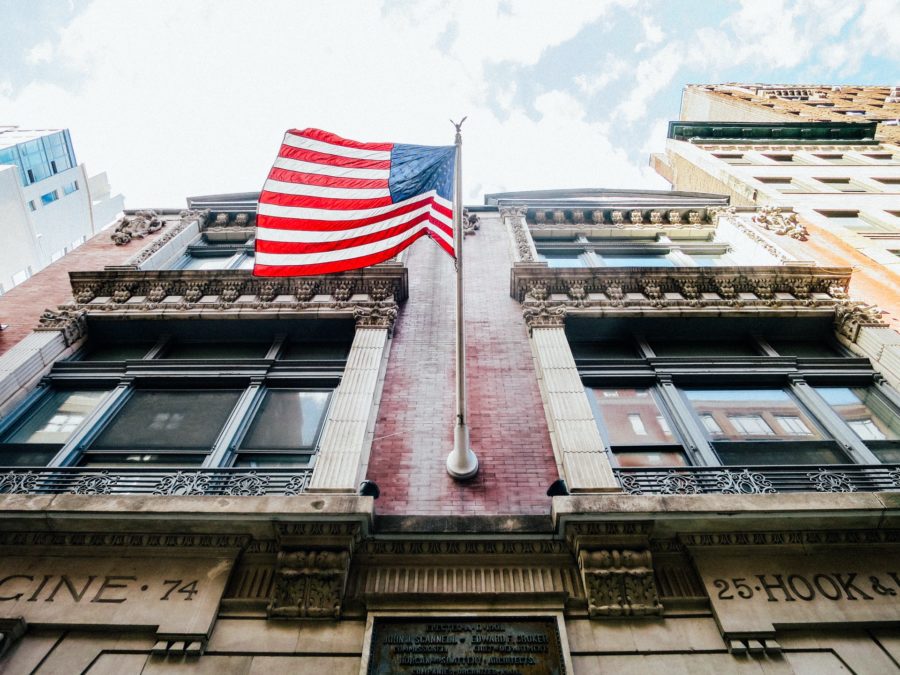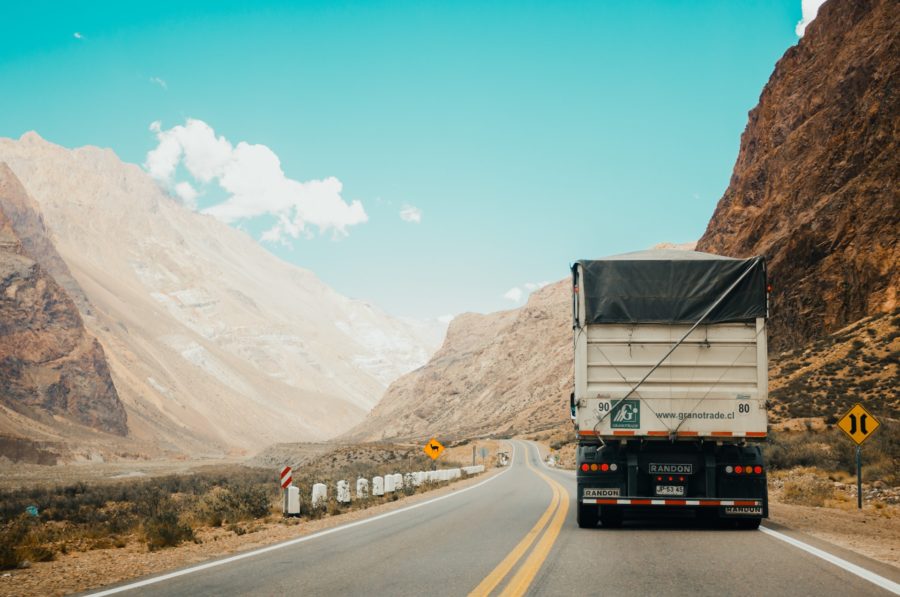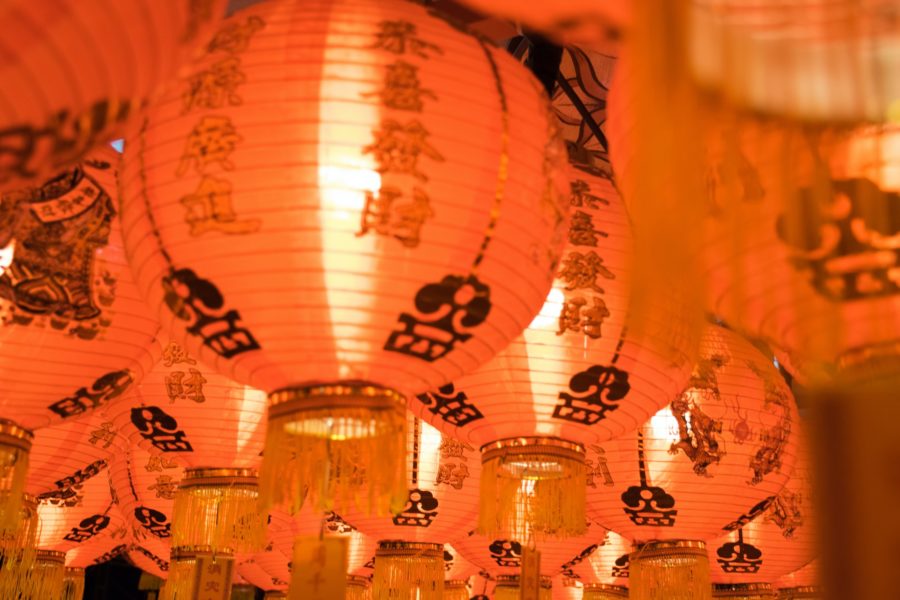Sign up for recent trade news that can affect your business:
February 3, 2021
CBP Issues Region-Wide WRO on Products Made by Slave Labour in Xinjiang

In line with Canada’s decision, U.S. Customs and Border Protection will detain cotton and tomato products at all U.S. ports of entry produced in China’s Xinjiang Uyghur Autonomous Region.
CBP issued a Withhold Release Order (WRO) against cotton products and tomato products produced in Xinjiang based on information that reasonably indicates the use of detainee or prison labour and situations of forced labour. The agency identified forced labour indicators through the course of its investigation including debt bondage, restriction of movement, isolation, intimidation and threats, withholding of wages, and abusive living and working conditions.
The WRO on cotton and tomato products originating in China’s Xinjiang Uyghur Autonomous Region applies to cotton and tomatoes grown in that region and to all products made in whole or in part using this cotton or these tomatoes, regardless of where the downstream products are produced.
These products include apparel, textiles, tomato seeds, canned tomatoes, tomato sauce, and other goods made with cotton and tomatoes. Importers are responsible for ensuring the products they are attempting to import do not exploit forced labour at any point in their supply chain, including the production or harvesting of the raw material.
